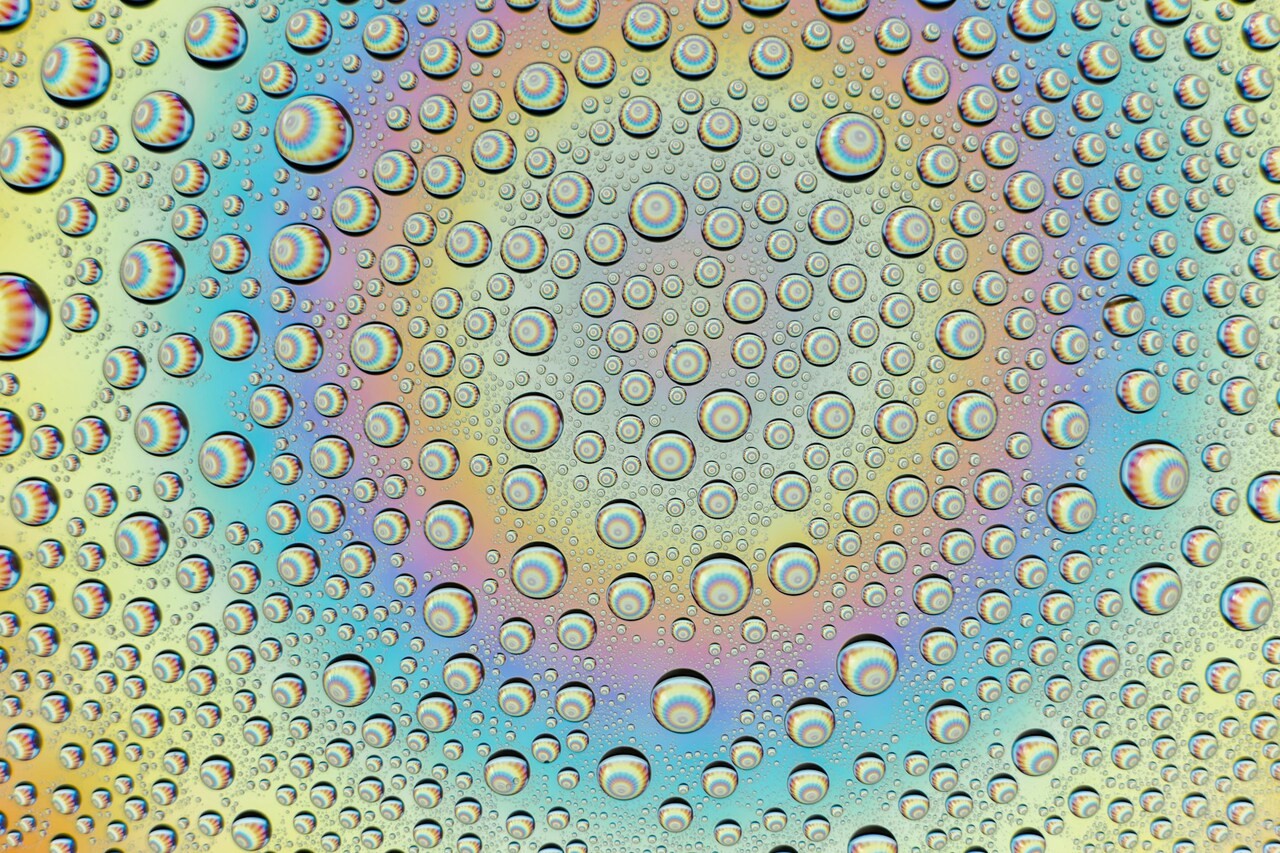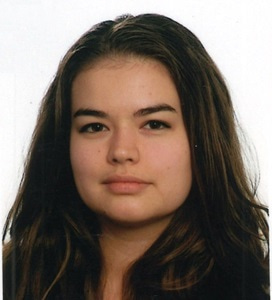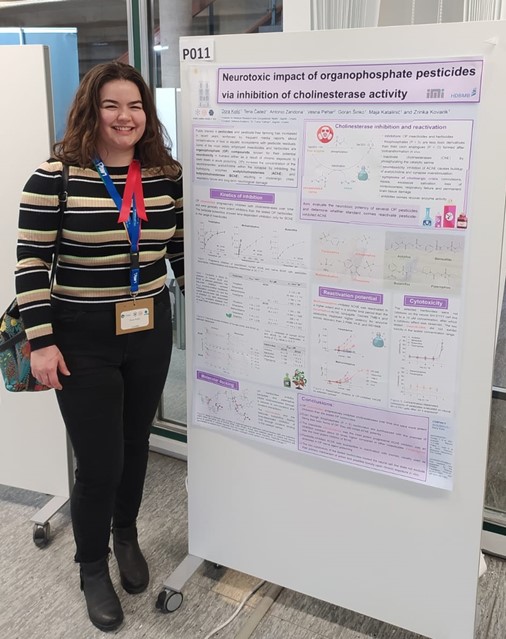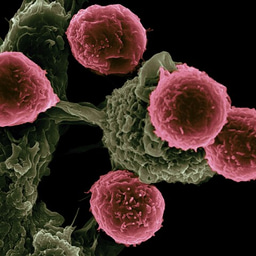Meet Dora Kolić: FEBS Junior Section members' interview series

Our interviewee is Dora Kolić, a PhD student from the Institute for Medical Research and Occupational Health, Croatia. Dora is a member of the HDBMB Junior Section, the junior section of the Croatian Society for Biochemistry and Molecular Biology (HDBMB), a FEBS Constituent Society.

Dora Kolić. Photo credits: Personal archive.
What motivated you to pursue a career in science? Why did you choose this field?
My favorite course in high school was Biology, and I finally decided I would study Molecular Biology when we were learning about genetics and human physiology. Throughout my life I was also always curious about how things and various aspects of the world worked, and I like learning new things, so I believe it was kind of natural for me to aspire to be a scientist.
Briefly introduce your research topic. What is the purpose of your research?
My research group studies kinetics of enzyme inhibition and reactivation, more specifically cholinesterases and their inhibitors organophosphate (OP) compounds, mainly nerve warfare agents and insecticides. We are especially focused on in vitro analysis of newly synthesized compounds to serve as antidotes for cholinesterases inhibited by OPs. Additionally, we investigate the neuroprotective effects of antidotes in the case of poisoning in a mouse model.

Dora Kolić next to her poster at the FEBS-IUBMB-ENABLE congress 2023 in Cologne.
Photo credits: Personal archive.
What excites you most about your work or research?
I really love how my work has the potential to result in development of novel medication for organophosphate poisoning, since there are tens of thousands of pesticide poisoning cases annually and the current therapy is only partially effective, and we have the threat of warfare agents still silently looming over humanity. As we currently live in an age of uncertain and shifting political and economic global events, it gives me a certain feeling of usefulness and gratitude to be able to contribute in this area of research.
Among all the scientific discoveries of all time, which is your favorite? Why?
I really like the lifetime work of Nikola Tesla. He was a true visionary and a creative inventor with about 300 patents, and one of the scientist who I believe most affected our day to day lives and shifted the current of development of our modern society with his inventions and discoveries. He is most known for his contribution in wireless technology, radio and of course alternating current.
What do you do as a scientist to make your work interesting and accessible to the public?
During college I liked to participate in the yearly events where we opened our door to the public and presented various topics from life sciences and mathematics. This year at my Institute we are planning to organize small workshops for elementary and high schoolers, so I will have a chance to try and improve the interest of a new generation for scientific work. Also, with my colleagues from Junior Section HDBMB, I organize pub quizzes and scientific events which are open to the public.
What do you like to do in your spare time? Do you have hobbies?
In my free time I like to read, cook and watch TV shows. I also really enjoy gardening, and I have over 50 plants in my apartment. Recently I have been trying to learn by myself how to play the guitar, and occasionally I volunteer in one of the cat shelters in my city, since I love spending time with animals.
How did you learn about the FEBS Junior Section? What motivated you to become a member?
I learned about the FEBS Junior Section from my work colleague, who was one of the founding members of our national junior section. I like meeting new young scientists, and since I plan to stay working in science I believe meeting new people who are passionate about their work and establishing new contacts is a step in the right direction, as scientific work is truly the best when done in collaboration.
What is the importance of getting involved in FEBS JS activities for students and young scientists?
Besides meeting new people and sharing knowledge and experience, the FEBS Junior Section enables young scientist to improve their professional communication and organization skills, as well as discover new opportunities like grants for participation in various FEBS-organized events.
What advice would you give to aspiring students/scientists?
I would suggest to try and find a field of research that really interest them because the start of your scientific career and the period of getting a PhD is one of the most stressful times of your academic life, and it really helps when you love what you work on. I would also recommend establishing new contacts and networking as important skills to develop, especially if you are not naturally an extroverted person, because science is a collaborative project and your peers can provide you with directions and advice when you are feeling lost or unmotivated!
Where do you see your career going next?
After getting my PhD I would really like to stay working in science and continue with postdoctoral research in the toxicology of organophosphate compounds.
Photo by Wengang Zhai on Unsplash





Join the FEBS Network today
Joining the FEBS Network’s molecular life sciences community enables you to access special content on the site, present your profile, 'follow' contributors, 'comment' on and 'like' content, post your own content, and set up a tailored email digest for updates.